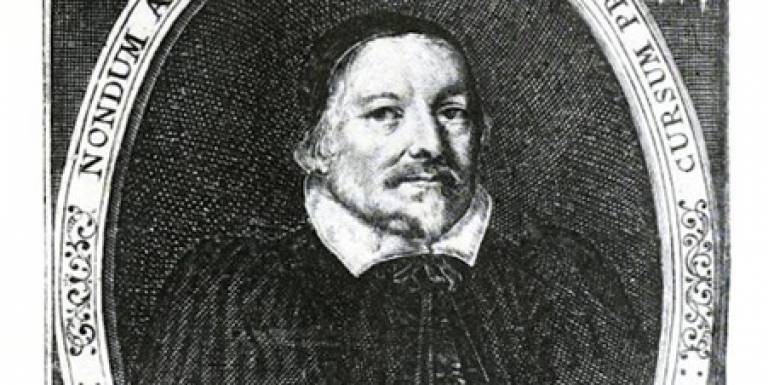Edward Terry, India, and ‘Improvement’ in the Seventeenth Century
21 November 2022, 5:00 pm–6:00 pm

Natalya Din-Kariuki (University of Warwick): This seminar is part of the Race, Power, and Poetics Autumn Seminar Series
Event Information
Open to
- All
Availability
- Yes
Organiser
-
UCL English
Scholars of legal and economic history including Brenna Bhandar, Paul Slack, and Craig Muldrew have demonstrated the extent to which the idea of improvement – an idea that emerged in the seventeenth century – shaped the structures of colonialism and capitalism and their attendant racial logics. This talk focusses on a specific episode in the history of that idea. It does so in reference to Edward Terry, a chaplain attached to one of the most significant embassies of the early modern period, that of Thomas Roe at the Mughal court of Jahangir in 1616-19. By examining Terry’s digressive and sometimes ekphrastic travel writing and preaching, which repeatedly asks English readers and listeners to ‘improve’ what he has written, the talk considers the relationship of economic, spiritual, and rhetorical notions of profit and their implications for our understanding of England’s early encounters with India.
Natalya Din-Kariuki is Assistant Professor in the Department of English and Comparative Literary Studies at the University of Warwick. She is currently working on a book about ideas of “place” in seventeenth-century travel writing. Material from this project has been published in The Review of English Studies and in Travel and Conflict in the Early Modern World ed. Gábor Gelléri and Rachel Willie (Routledge, 2020). She also has an essay on the English clergyman Lancelot Andrewes forthcoming in The Huntington Library Quarterly. With Subha Mukherji and Rowan Williams, she is editing Migrant Knowledge, an interdisciplinary volume forthcoming from punctum books which brings together academics, artists, and activists to consider the relationship of migration, knowledge, and form from the early modern period to the present.
 Close
Close

